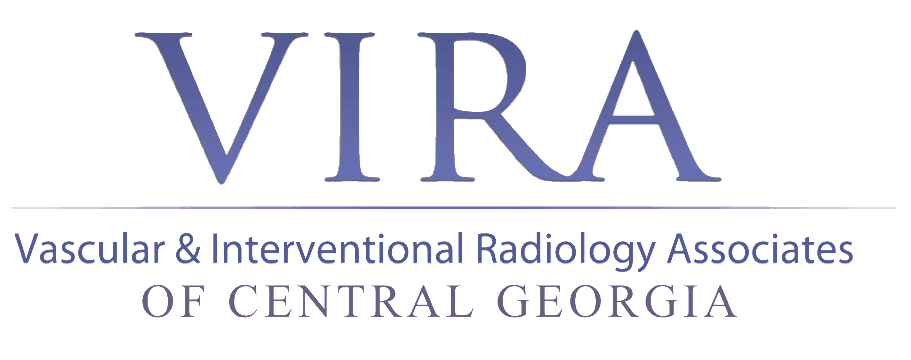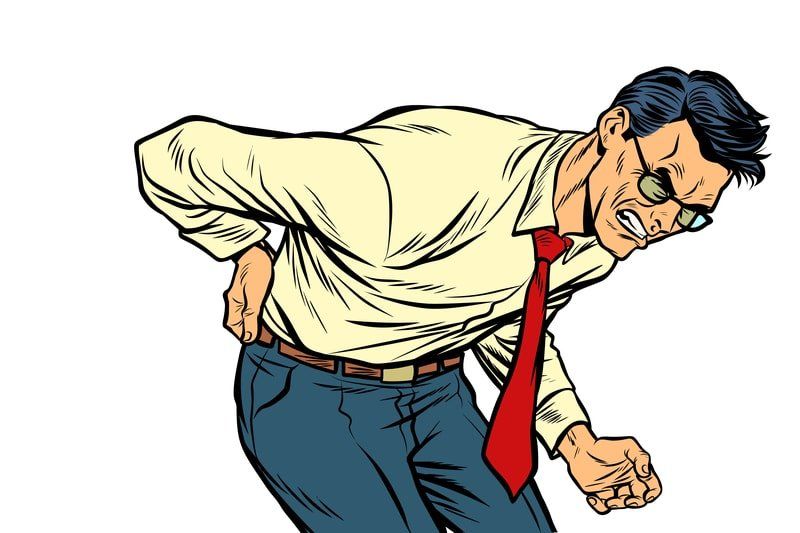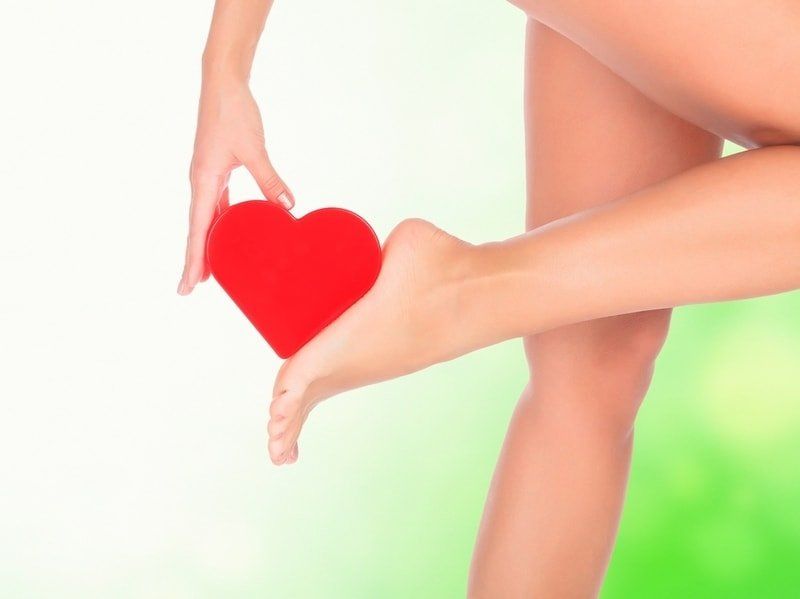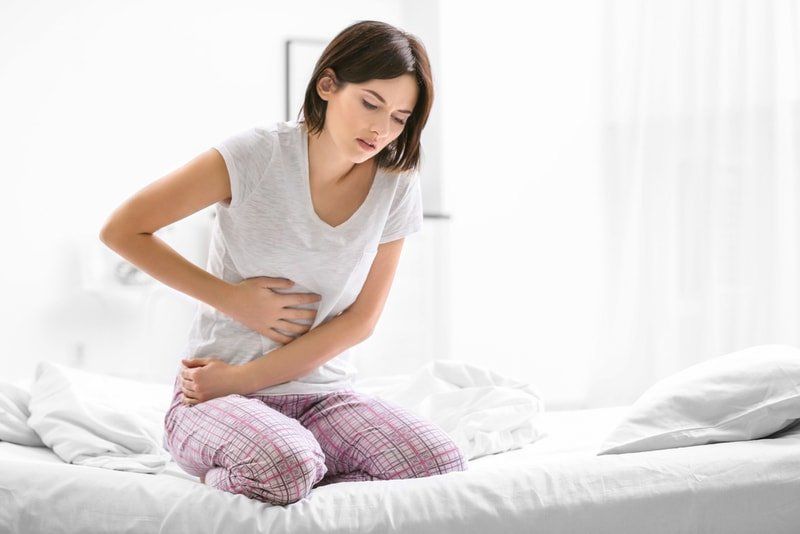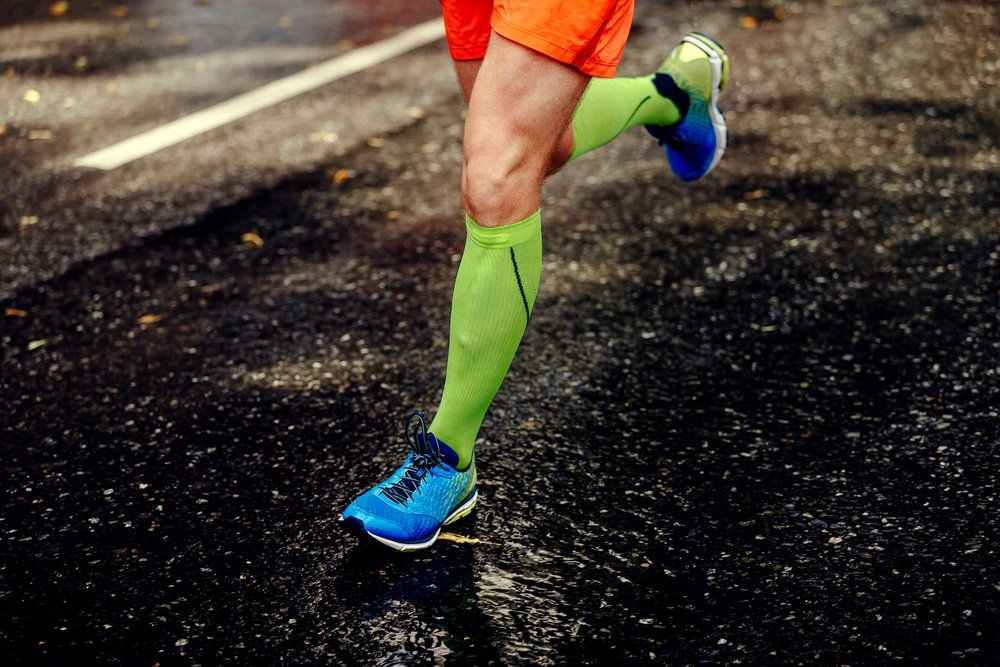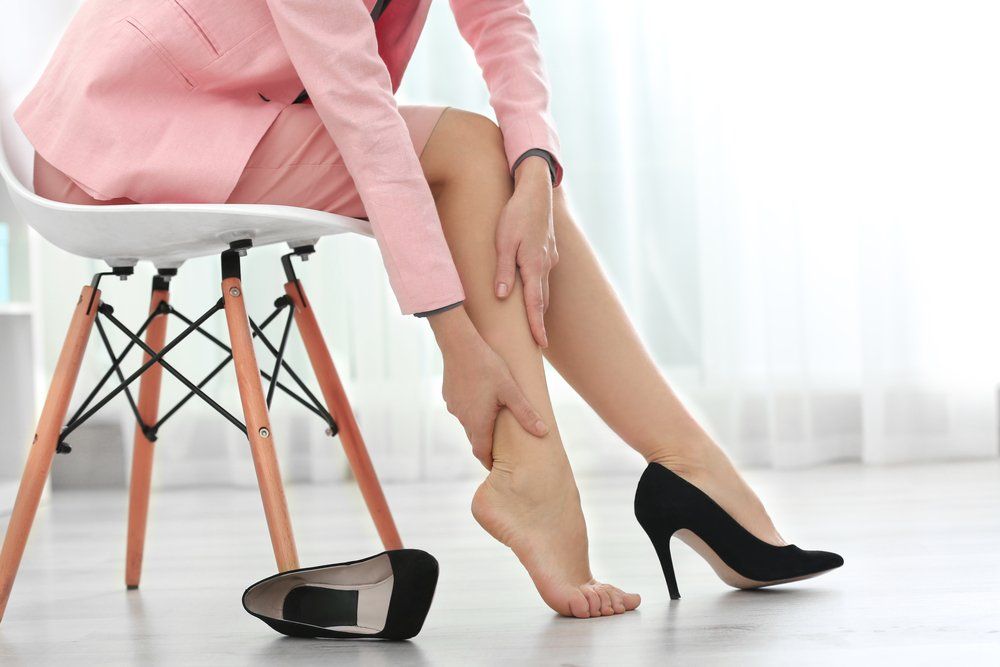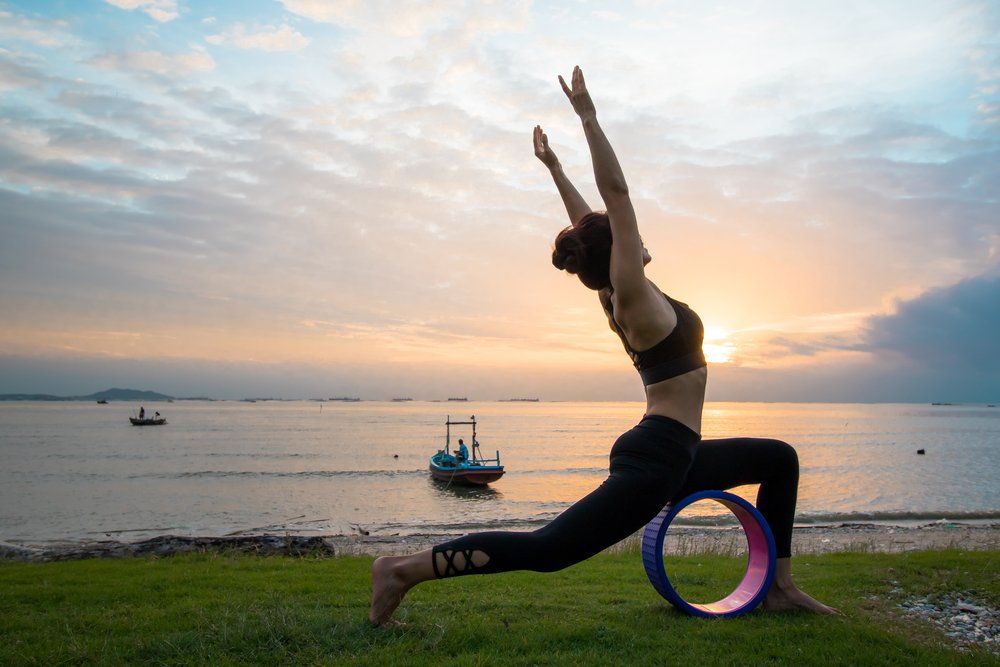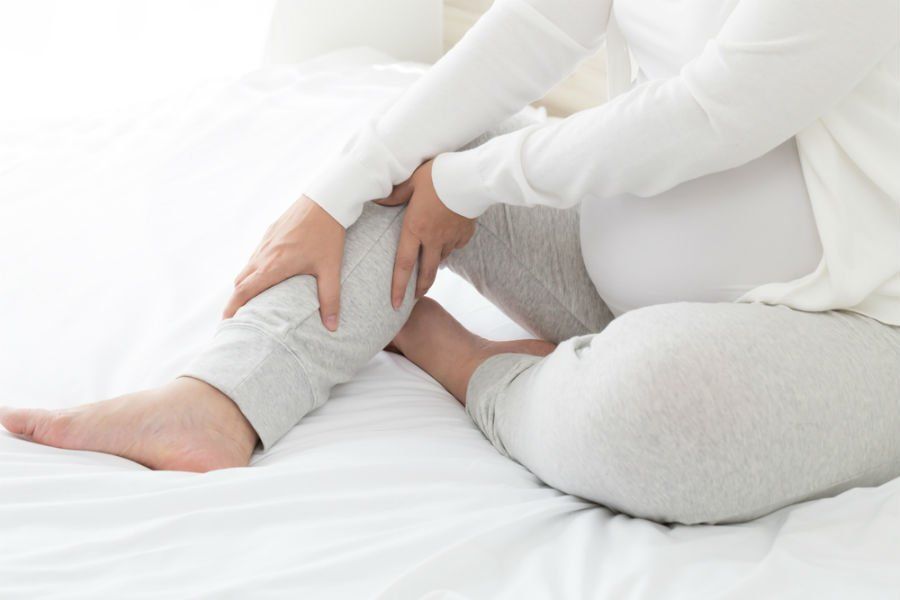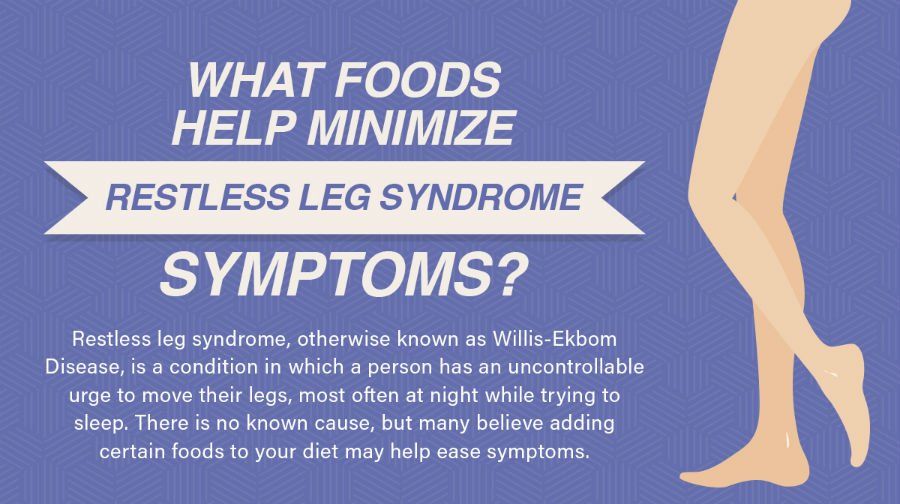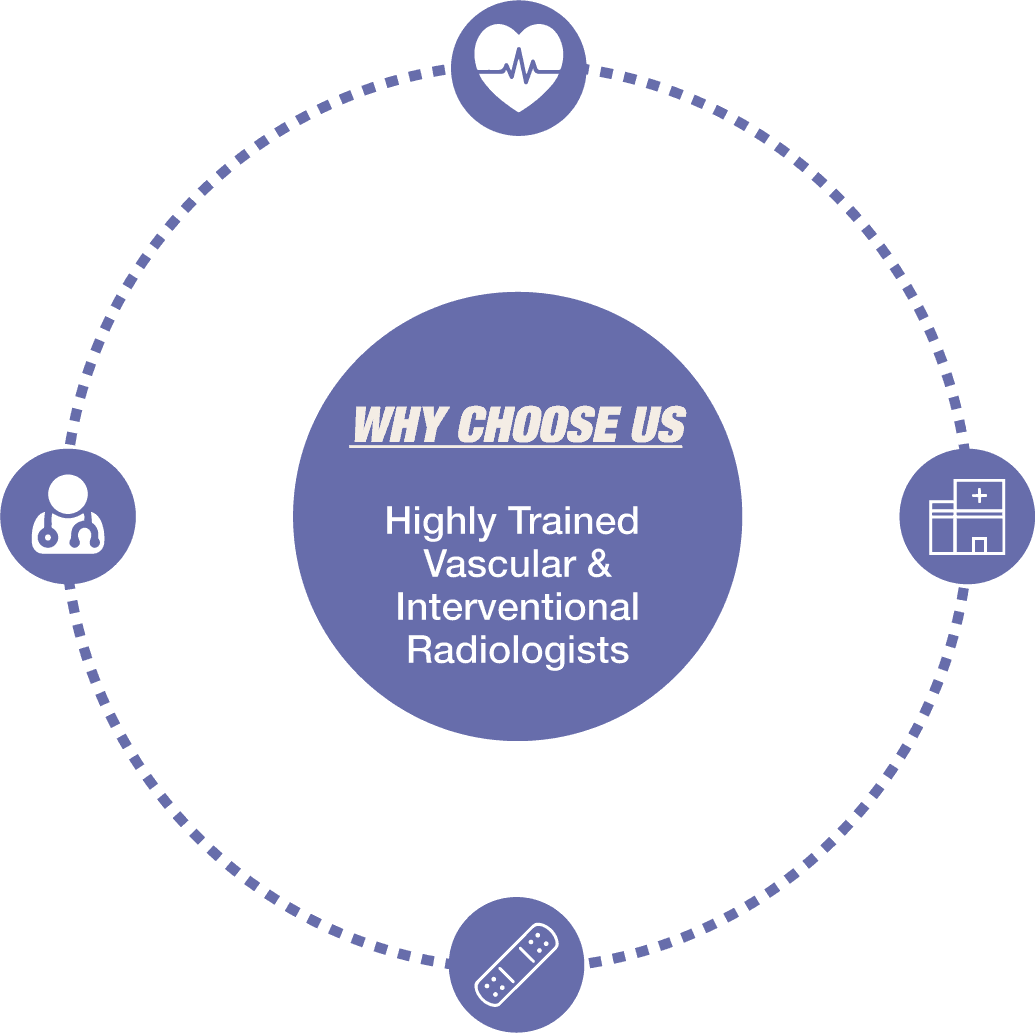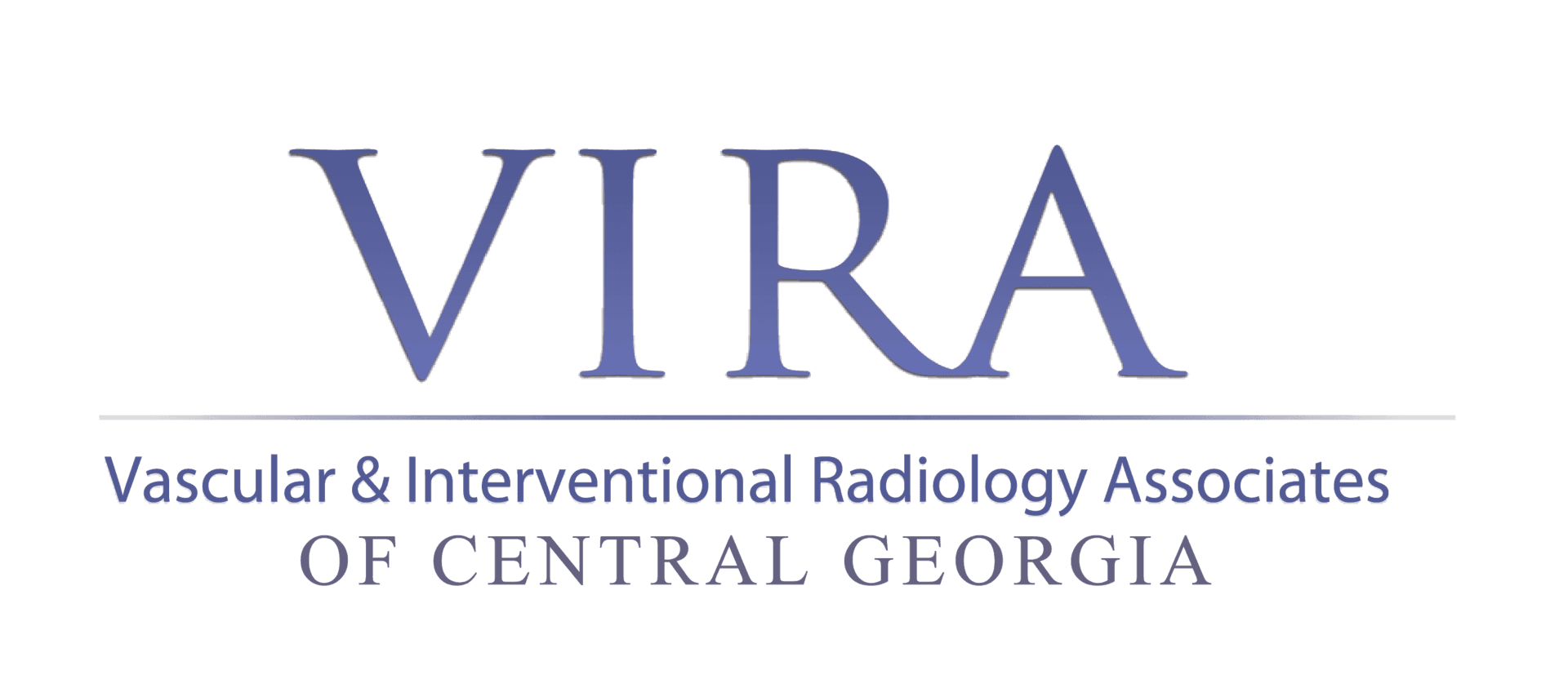Varicose Veins: Not Just a Women's Problem
- By VIRA
- •
- 14 Jun, 2018
- •
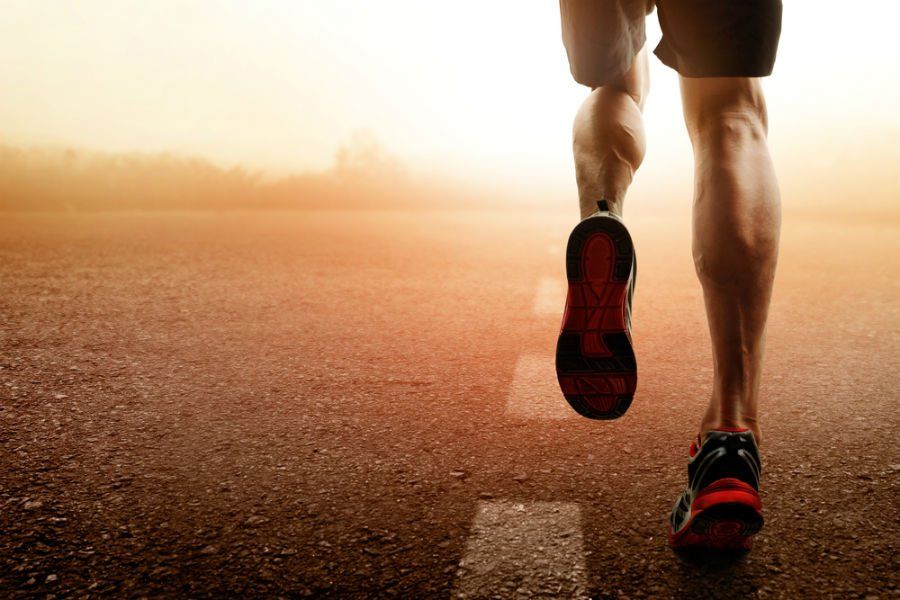
Because of their association with pregnancy, you may assume varicose veins are a problem that only affects women. While women are more likely to be diagnosed with varicose veins, especially spider veins, it is a prevalent issue regardless of sex. Out of the entire American population, it is estimated that 25 percent of women and 15 percent of men will experience varicose veins at some point in their lives. This risk increases to 40 percent and 20 percent respectively by age 50.
If you’re one of the millions of men who have varicose veins, here’s what you need to know.
If you’re one of the millions of men who have varicose veins, here’s what you need to know.
The Basics
Varicose veins are not just a cosmetic problem. They are an actual condition, impairing blood flow and even causing pain in some patients.
Healthy veins carry blood to the heart through one-way valves. Problems with the valves or the muscles that surround them can cause blood to pool inside the vein. As this happens, pressure builds, the vessel wall weakens and the vein bulges. Varicose veins can cause aching or cramps in the legs, itchy skin, ulcers, blood clots and even be contributing factors for strokes or heart attacks. These symptoms are generally the same regardless of gender.
Healthy veins carry blood to the heart through one-way valves. Problems with the valves or the muscles that surround them can cause blood to pool inside the vein. As this happens, pressure builds, the vessel wall weakens and the vein bulges. Varicose veins can cause aching or cramps in the legs, itchy skin, ulcers, blood clots and even be contributing factors for strokes or heart attacks. These symptoms are generally the same regardless of gender.
Varicoceles
A varicocele is a varicose vein in the scrotum that often develops during puberty. Scientists don’t know exactly what causes varicoceles, but it likely has something to do with weakening of the veins in the spermatic cord. As many as 20 percent of adult men have varicoceles, and most do not suffer any negative symptoms.
However, some men do experience aching pain or shrinking or swelling of the left testicle. In certain situations, a varicocele can even contribute to low sperm count or infertility. Thirty-five to 44 percent of men with primary infertility and 45 to 81 percent with secondary infertility have varicoceles.
Most men do not need treatment for varicoceles, although varicocelectomy and varicocele embolization procedures are available. A jockstrap or over-the-counter pain reliever can help with mild discomfort, and general varicose vein treatments can improve blood flow overall. Visit a doctor if you have concerns about pain, lumps or suspect fertility issues.
However, some men do experience aching pain or shrinking or swelling of the left testicle. In certain situations, a varicocele can even contribute to low sperm count or infertility. Thirty-five to 44 percent of men with primary infertility and 45 to 81 percent with secondary infertility have varicoceles.
Most men do not need treatment for varicoceles, although varicocelectomy and varicocele embolization procedures are available. A jockstrap or over-the-counter pain reliever can help with mild discomfort, and general varicose vein treatments can improve blood flow overall. Visit a doctor if you have concerns about pain, lumps or suspect fertility issues.
Tips for Managing Varicose Veins at Home
You can alleviate minor varicose vein symptoms by tweaking your day-to-day habits. If you’re seeking non-medical relief, try:
- Elevating your legs while resting
– Prop your feet up on a pillow when laying down or sleeping, or rest them on an ottoman when sitting down to keep blood from pooling in your legs.
- Avoiding sitting or standing in one position for a long time
– This blocks off the blow flow. If you have a desk job, get up as often as you can for short walks.
- Eating a healthy diet and drinking plenty of water
– Choose foods that are low in salt and high in fiber. The combination of healthy eating and hydration will stimulate blood flow and reduce inflammation. A better diet may also lead to weight loss, which can ease symptoms if you are overweight.
- Wearing compression socks – These apply steady pressure to your legs so veins are supported and blood can more easily return to the heart. Compression socks can also relieve pain and reduce the effects of swelling. You can choose from both over-the-counter and prescription compression socks, depending on your needs.
Medical Treatment Can Provide Relief
If you’ve made lifestyle changes and still aren’t experiencing relief, talk to your doctor. They can look at the vein patterns on your legs and feet to determine if you have varicose veins and can check for swelling, ulcers or skin changes that could point to a bigger problem. Your doctor may suggest treatment if your varicose veins are causing pain.
Remember – varicose veins are a legitimate medical problem. It is crucial to get medical advice if you’re experiencing pain, clotting or bleeding.
Remember – varicose veins are a legitimate medical problem. It is crucial to get medical advice if you’re experiencing pain, clotting or bleeding.
Treatment for Varicose Veins
If you do want to seek varicose vein treatment
for cosmetic or health reasons, there are options available. Minimally invasive procedures such as laser and radiofrequency ablation use catheters to close the veins and begin the healing process. The physicians at Vascular & Interventional Radiology Associates of Central Georgia (VIRA) are the only ones in the area offering both options to our patients.
Our team of sub-specialty trained, board-certified physicians will work with you to determine which treatment will provide the best relief for your varicose veins. Our non-surgical options require no downtime and are safe, effective and often covered by insurance. You can start the process today by taking our online vein assessment so our doctors can learn more about your symptoms.
Call us at 478-757-8868 to schedule your consultation and talk to our doctors about your treatment options.
Our team of sub-specialty trained, board-certified physicians will work with you to determine which treatment will provide the best relief for your varicose veins. Our non-surgical options require no downtime and are safe, effective and often covered by insurance. You can start the process today by taking our online vein assessment so our doctors can learn more about your symptoms.
Call us at 478-757-8868 to schedule your consultation and talk to our doctors about your treatment options.

